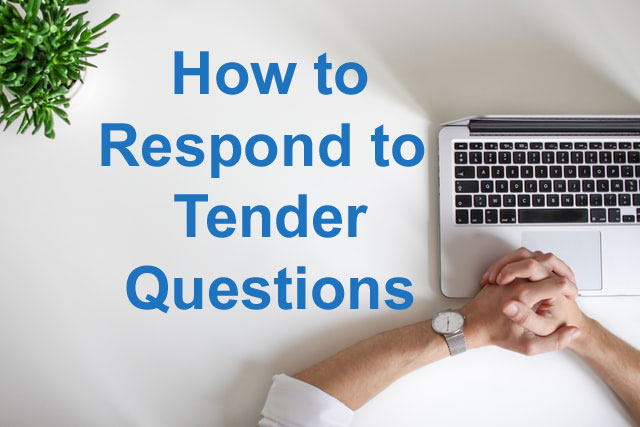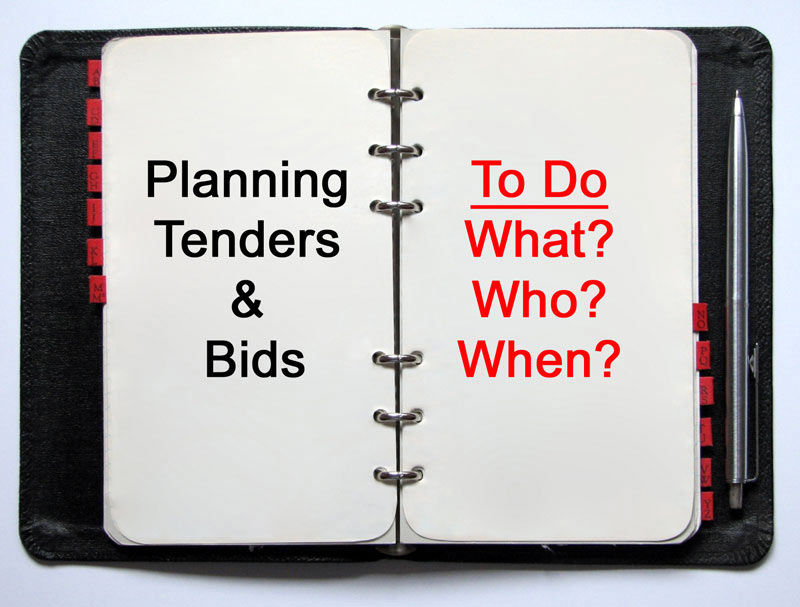Shortlist Tender Presentations – 8 Top Tips
When you get short-listed to the final few in a tender you may get invited to present to a panel. Preparation is key to being successful in tender presentations:

1. Shortlist Tender Presentations – Don’t Panic!
It’s great news, you are down to the last few and close to winning a contract. But the prospect of making tender shortlist presentations can be daunting for non-salespeople! Often, due to lack of experience, those who will be presenting feel it’s not something they can tackle with confidence. Well, don’t worry!
The important thing to remember is that in most cases, the panel who will be marking your presentation want to hear from the people who will be delivering the products or service. They are not normally bothered about receiving a super-slick sales pitch from the sales department. They want to see who they will be dealing with on a daily basis in order to assess their abilities, knowledge and experience. This helps the panel gain confidence that you will deliver a good service.
We’ve worked with many businesses where the directors and managers either lack experience and/or confidence in sales presentations. We’ve followed the steps below and focused on showing how the team will meet the panel’s needs. The results have been that they’ve beaten the bigger firms (with their highly polished presentations) and won the tender or contract! So, when faced with tender shortlist presentations, remember the panel will be looking to see how and what you can deliver, not how good a salesperson you are.
…Shortlist Tender Presentations – 8 Top Tips Read More »




